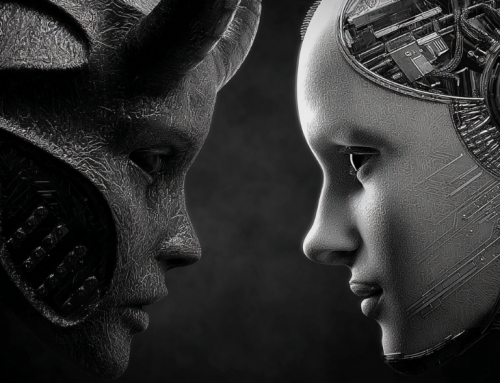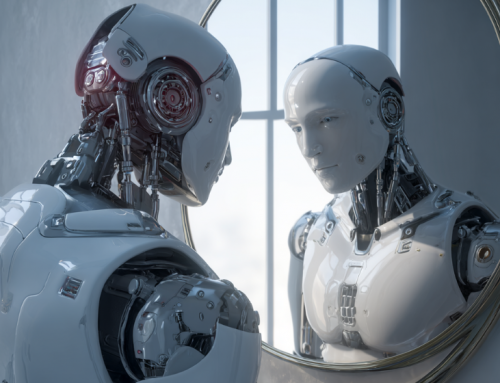
Anthropic’s new Claude 4 models—Opus 4 and Sonnet 4—redefine AI coding and reasoning capabilities with enhanced memory, real-time tool use and developer integrations, making them the most advanced and versatile AI agents to date. (Source: Image by RR)
New Models Excel at Coding, Agent Tasks and Long-Context Reasoning
Anthropic has launched its next-generation AI models, Claude Opus 4 and Claude Sonnet 4, both of which significantly raise the bar in areas like coding, advanced reasoning and agentic behavior. Claude Opus 4 stands out as the world’s top coding model, excelling at long-running and complex tasks with industry-leading performance benchmarks. Sonnet 4 is a substantial upgrade over its predecessor, Sonnet 3.7, offering stronger instruction-following capabilities, better reasoning, and refined outputs. These models, as noted in anthropic.com, are available through Anthropic’s API and platforms such as Amazon Bedrock and Google Cloud’s Vertex AI.
A major advancement in this release is extended thinking with tool use, allowing both models to interact with tools like web search in real time, enhancing their reasoning capabilities. They can now execute tools in parallel and maintain improved memory through local file access, enabling better continuity and context retention across tasks. Claude Opus 4 in particular shows major progress in avoiding shortcut-based reasoning and maintaining coherent long-term performance in agentic tasks such as game navigation and scientific research.
Claude Code, now out of beta and generally available, brings these advanced capabilities to developers directly within terminals and IDEs like VS Code and JetBrains. With GitHub integration, Claude Code can assist in fixing CI errors, responding to code reviews, and editing files inline. Anthropic also released a Claude Code SDK, enabling developers to build their own AI agents using the same core engine.
The Claude 4 models are hybrids capable of near-instant and extended thinking modes, showing state-of-the-art results on benchmarks like SWE-bench and Terminal-bench. Both Opus 4 and Sonnet 4 represent a major leap in AI reliability, scalability, and usefulness for enterprise and developer use cases. With improved safety, memory, and contextual understanding, they are positioned to drive the next wave of AI collaboration.
read more at anthropic.com







Leave A Comment